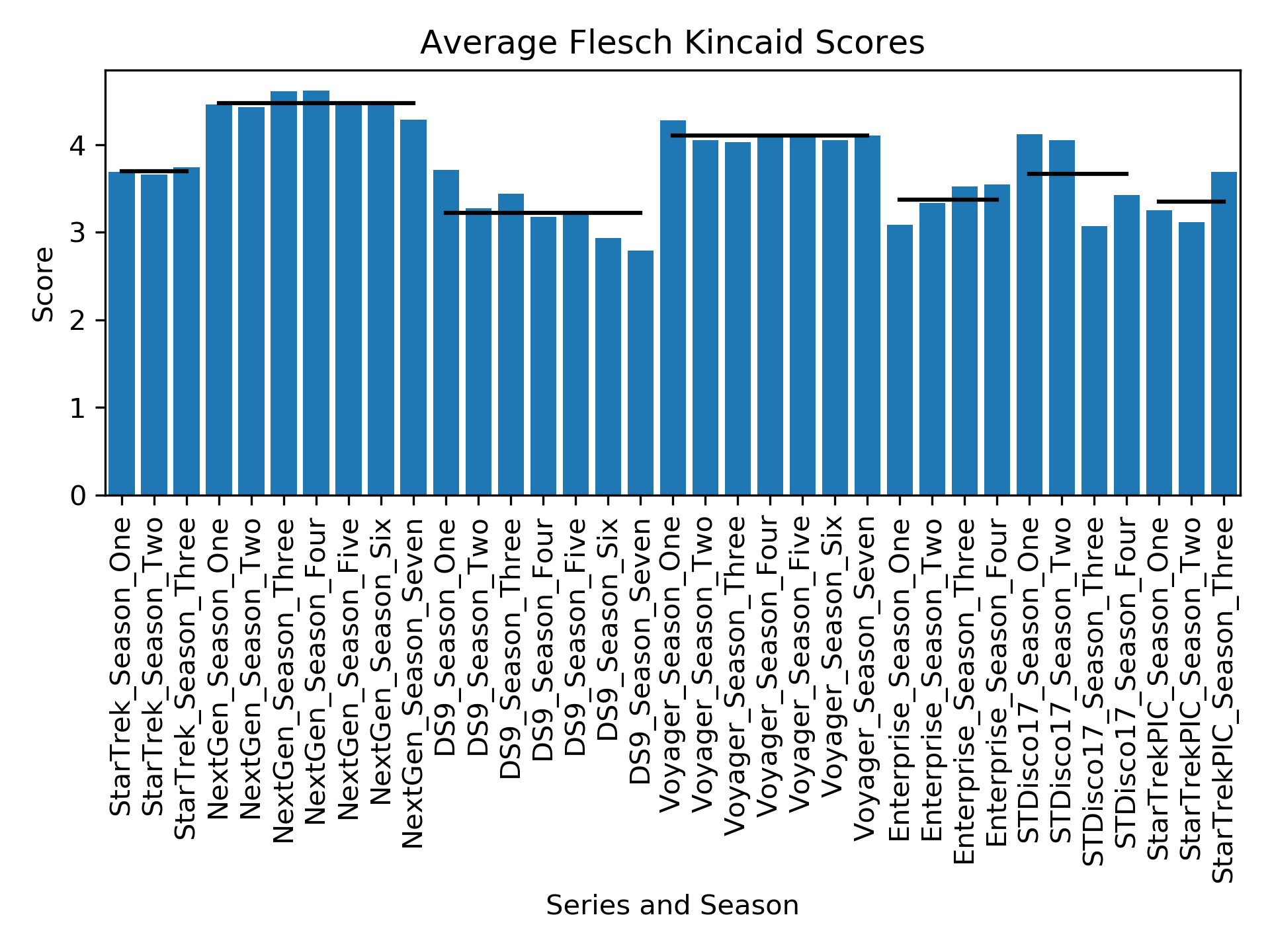Why The Next-Generation was the best Star Trek according to linguistics
Star Trek: The Next Generation and the Evolution of the English Language in Space
Like countless children of the 90s, my afternoon rituals found an indispensable friend in ‘Star Trek: The Next Generation’. Every episode a quiet yet thrilling adventure, I found myself entangled in the world of the USS Enterprise long before dinner.
The magic of Star Trek always lay in its ability to balance the technology of the future with the nuances of the human heart - embracing progress while holding onto the human spirit, the music of the arts, and the sense of duty that transcends individuality. And while it unfolded in the vast expanse of space, it firmly remained a journey into the depths of the human spirit.
Moreover, the series instigated a linguistic journey of its own. The eloquent speeches of Captain Picard, Data’s jargon-riddled expositions, and the grandiloquent discussions on the deck - Star Trek was a true ‘conundrum’ of ‘plethora’ and ‘surreptitious’ language elements. It was a voyage through the English language. These 3 words in quotation marks were intriguing enough to send a curious teenager scurrying to a dictionary. Indeed, when I was a teenager it was quicker to look up a word in the dictionary than to ask your mom to get off the phone, wait 7 minutes for the computer to boot, spend 5 minutes connecting to the internet and wait for 30s for Netscape to finally open.
However, upon revisiting newer installments of the franchise recently, I couldn’t help but notice a distinct deviation. Could this apparent decline in language sophistication be quantified?
A Foray into Linguistic Analysis: Methodology
Harnessing ChatGPT - I downloaded and analyzed the scripts of the various Star Trek franchises and seasons from the repository at http://www.chakoteya.net/. This AI-enabled endeavor, which would otherwise have demanded a laborious day or two of human effort, was miraculously accomplished in a mere couple of hours.
To measure the complexity of the language used across the series, I employed the Flesch-Kincaid grade level formula. This grade presents a score that roughly corresponds to a U.S. grade level, giving an indication of the readability level and, by extension, the complexity of the text. A higher grade represents a higher complexity.
After plotting the scores for all the series and seasons, the results were insightful.
The Unraveling: Results

Star Trek: The Next Generation, in its linguistic eloquence, held the highest Flesch-Kincaid score. Voyager, with its own narrative complexity, followed closely behind.
Deep Space Nine, while housing a lower Flesch-Kincaid score, redeemed itself through its exceptional narrative and performances. It’s the newer iterations of the franchise, however, that were truly disconcerting.
The noticeable decline in language sophistication in the recent series represents a disheartening trend - an apparent attempt to pander to audiences by simplifying the language. One can’t help but view this as a metaphorical ‘dumbing down’ of the English language. It’s a concerning indication of the decreasing emphasis on intellectual engagement in mainstream television.
I find this shift disappointing. Star Trek, at its best, used the backdrop of space exploration to challenge its viewers intellectually, linguistically and ethically. Diluting its intellectual vigor betrays the very essence of what made the show an enduring cultural phenomenon. In the realm of Star Trek, shouldn’t we strive to elevate our audiences, not undermine their capacity for complexity? After all, aren’t we all explorers in the vast expanse of the human mind, the ultimate final frontier?